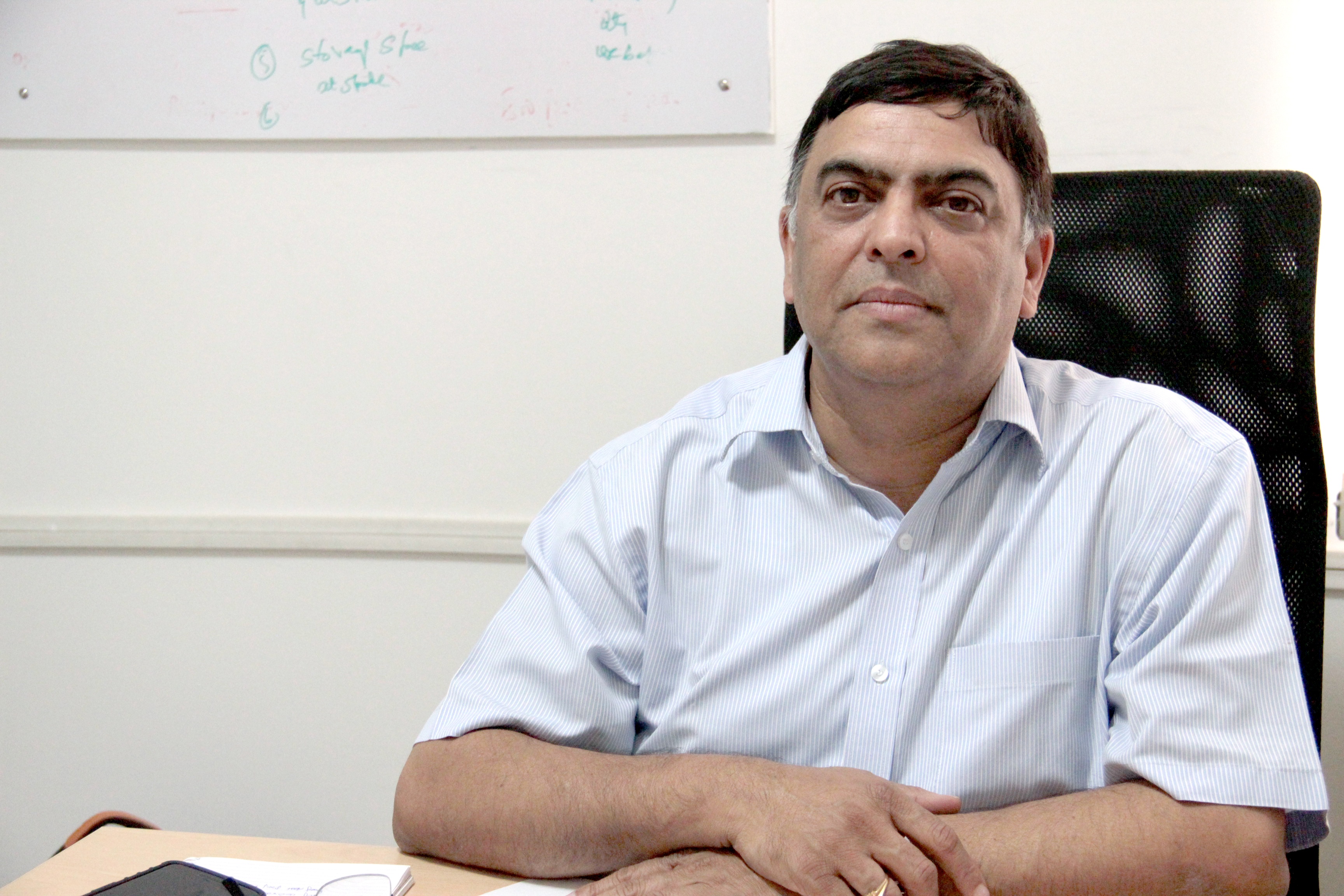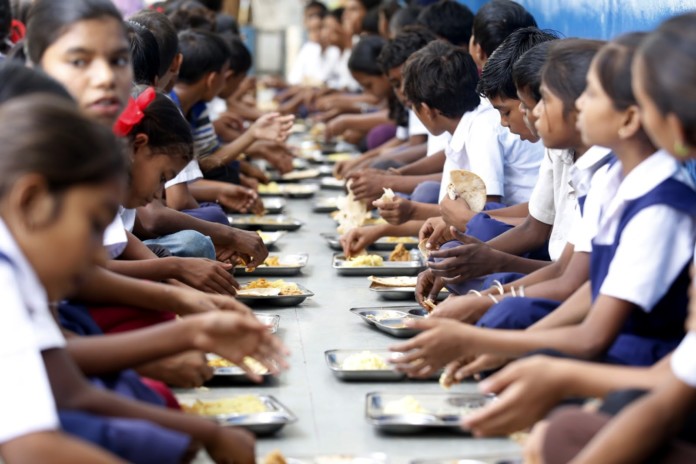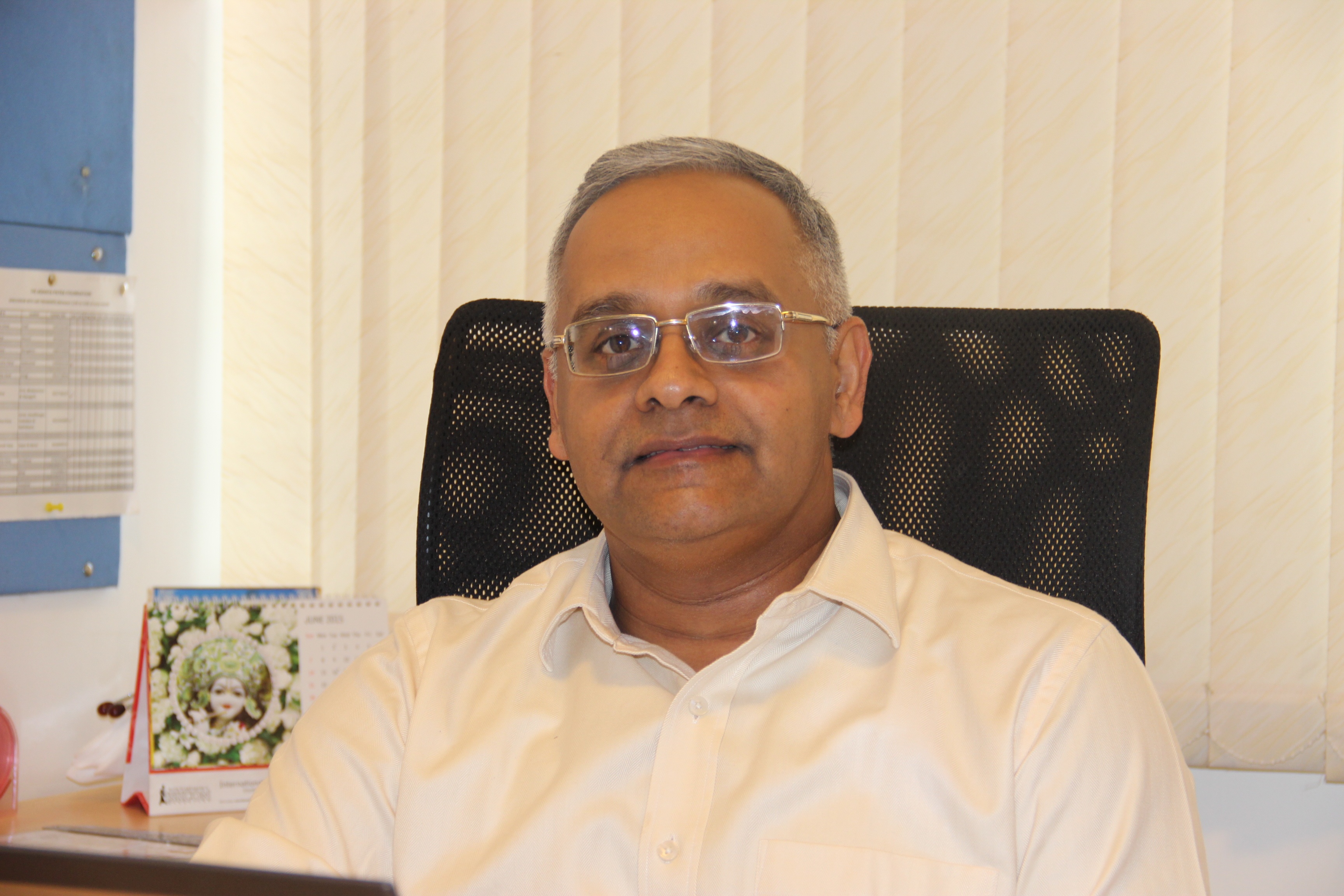It took Akshaya Patra 15 years to reach 1.5 million mid-day meal a day. Now that it has the experience, momentum, newer technologies and a bevy of donors, its senior executives CEO Sridhar Venkat and Chief Projects Officer R Madan are confident they can meet the target of feeding 5 million kids a day by 2020. Here’s a low down on its strategy, challenges and concerns
by Benedict Paramanand
The Akshaya Patra Foundation has become a legend even when it believes it still has a lot of ground to cover. Surprisingly, the Harvard Business School is reported to be doing a second case study on its unique business model. And its chairman Madhu Pandit Dasa has just won the prestigious national award Padma Shri even as the foundation appears all geared up towards meeting its ambitious target of 5 million meals a day. Here’s how it is working towards
the goal.
For a start, Akshaya Patra is about to announce a major technology tie up with a European firm that will significantly enhance its performance, quality and cut its operating cost. “Even though its capital cost will be high initially, it will come down when we start using it in multiple kitchens in the next couple of years,” Madan said.
Akshaya Patra will soon be supplying meals using insulated containers so that children can eat piping hot meals. The technology and the containers are funded by the Tata Trust. Tata Trust is also helping with streamlining the transport system using Tata Motor’s vans and trucks depending on the nature of roads in different cities. The objective is to reduce delivery time significantly. The turnaround time currently – from start to delivery is around 3.5 hours.
CEO Sridihar Venkat believes “Simplicity is the secret for success in scaling.” Addressing the audience at this year’s Development Dialogue in Hubballi recently, he said: “Growth is not a problem. Sustainable scaling is a problem. If you have a mind of a corporate and the heart of an NGO, it makes it that much less difficult.”
Akshaya Patra has been improving and innovating the efficiency of equipment to make 100,000 meals in one kitchen. Right now it has 24 kitchens of which eight are ISO certified and the rest are in the process of obtaining all possible certifications. To ensure optimum quality, the food is constantly tested in various laboratories.
To increase variety, it’s also working on a machine that can make 20,000 idlis in 10 minutes. It is also working on making its vegetable cutting machines more efficient. Its rice washing technology is getting smarter too. It will require less water and have faster turnaround time.
Challenges
CPO R Madan says the biggest challenge is finding donors to meet the differential cost which he calls delta. Delta is the overall cost of cooking a meal – about ` 7.5 – minus the conversion charge – about Rs. 5.5 – state governments pay. “We have enough donors who want to bear the capital cost, but not enough to fund the operating expenses. The good news is several organizations are currently evaluating us under their mandatory CSR spend of 2%,” he adds.

Madan says they are very prudent when it comes to selecting locations to set up a kitchen. “Unless we have comfort about the delta for two years, we don’t take it up. If it runs for two or three years then people begin to know about it and somehow we are able to collect donations,” he adds.
Integrity of all stakeholders is key for the growth of Akshya Patra’s future plans. It had to shut down its kitchen in Delhi when they found malpractice a few years ago. But it is all set to reopen its kitchen in Delhi under the new AAP government. Its new partner is likely to be the new state of Telengana.
As Akshaya Patra expands, people management is becoming critical. It needs about 300 people to run a kitchen. Madan believes greater automation and introduction of modular kitchen should be able to cut the overall cost. They are working hard to enhance consistency, save energy and reduce waste – all to keep the cost under Rs. 8 a meal even with enhanced quality and service.
While Akshaya Patra story stands out as a shining success story it hardly scratches the surface of India’s gigantic mid-day meal program. It currently serves only 1.5%, while the other NGOs serve 2.5%. Most of the schools serving mid-day meals continue to serve substandard quality food because of lack of accountability. At least for those who want to serve better, they have an example to emulate.
Akshaya Patra’s Secret Recipe
• Brain of a corporate, heart of an NGO
• Strong partnership model with the state governments
• Highly committed leadership team experienced in running businesses previously
• Prudent operating model – grains supply by government, land by the local authority for setting up kitchen and operating cost through professional
fund-raising team
• Backed by corporate foundations such as Infosys Foundation and Tata Trust
• Investment in state-of-the-art technologies
• Innovations in supply chain, R&D
• Zero tolerance to integrity and quality











